This is a story of three Asian metropolises whose modern hustle and bustle dates back to many generations ago. Money and trade had helped propel these cities into prominence, and they will continue to do so in the years and decades to come. One is nicknamed the Big Lychee, the other is the Little Red Dot, while the biggest is the Big Durian. On the surface, it might be hard to notice the connections among the three. But beyond the glitzy malls and sleek skyscrapers that dominate their skylines, what the people and the governments of the three places think of each other have shaped their faces into what we know today.
On the Pearl River Delta in the southeastern part of China, lies Hong Kong, literally the ‘Fragrant Harbor’, also affectionately called the Big Lychee. Formally ceded by Imperial China to the British in 1842, Hong Kong grew as an important trading port in the Orient. In the 1950s, Hong Kong’s economy started to grow exceptionally fast compared to other countries in the region, thanks to rapid infrastructure development, market-friendly economic policies, and good education. In the decades that followed, three other countries joined the club of fast-growing Asian economies, and together they were dubbed the Four Asian Tigers.
As its economy grew more sophisticated and its population expanded, Hong Kong underwent further developments which not only have dramatically changed its skyline, but also the way its residents work, commute, and live. Due to the limited supply of land in the mountainous territory, the then British colony had undergone multiple land reclamation projects since the mid-19th century. Most notable along the coasts of Hong Kong Island and Kowloon, as well as the western island of Lantau, these projects have provided much-needed land on which the city built its iconic skyscrapers, high-rise residential buildings, the now-defunct Kai Tak Airport, Disneyland and a much bigger airport.
Underground, millions of people commute around the main island, across Victoria Harbor, and all the way to the far reaches of the New Territories by the remarkably reliable Hong Kong Mass Transit Railway (MTR). The MTR is so dependable that it boasts a 99.9% punctuality rate, providing a model for other cities around the world on mass transport development and management. However, the city’s top-notch transportation network can be found not only beneath its head-turning skyscrapers and endless concrete jungle. Its container port is the world’s fifth busiest, while Hong Kong International Airport is the eighth busiest in the world with more than 70 million passengers arriving and departing in 2016. Designed by one of the most reputable architects in modern times, Norman Foster, the airy and futuristic design of the airport is suggestive of the city’s ever soaring ambitions to maintain its importance in an increasingly competitive region, especially with China next door.
China seems to become increasingly the focus of the lives of Hong Kongers these days. Under the terms agreed by both the Chinese and the British upon Hong Kong’s handover from the latter to the former in 1997, the territory is allowed to observe a high degree of autonomy not enjoyed by other parts of China. Hong Kong can use its own currency and join international organizations where membership is not limited to sovereign states. In the territory, free speech is guaranteed by the constitution, while its legal system is separate from that of China. But because of this, the Hong Kongers are known to be very vocal toward Beijing. The Chinese government’s increasingly blatant encroachment into Hong Kong’s autonomy only makes resentment among Hong Kongers, especially the youth, grow deeper.
Nevertheless, regardless of the rocky relationship between the special administrative region and Beijing, few would deny the former’s growing dependence on the mainland to sustain its economy, thanks to China’s unprecedented economic growth in the past few decades. Incessant demand from Chinese costumers keeps many shops in Hong Kong in business, and as the Chinese grow richer, demand for anything from jewelry to luxury housing across the border goes even higher.
Money seems to dictate people’s lives in Hong Kong. The territory’s ingenuity and ability to exploit opportunities have transformed it from a fishing village into a financial hub in a little over a century’s time. Contrary to its relatively small population and land area, the Hong Kong Stock Exchange is currently the world’s sixth biggest by market capitalization, a telltale sign of the city’s significance in the global economy. One might be overwhelmed by the constant bombardment of consumerism in the city center – the main reason why many travelers make Hong Kong only a transit point, not a destination. But once you step out of the concrete jungle that defines its urban center, you’ll understand why the city remains among the most livable places on the planet.
Behind endless rows of skyscrapers on the northern coast of Hong Kong Island lies verdant hills that conceal calm and peaceful small towns fronting white sand beaches and turquoise waters. Various hiking trails lead to sweeping vistas of the territory’s outlying islands, ancient rock carvings, and a bird’s eye view of the city center itself. Beautiful parks tucked amid lush forests provide refreshing family-friendly escapes where kids and dogs are free to play. Downtown, Chinese-themed gardens become tranquil sanctuaries for those who are weary with the humdrum of the fast-paced urban life. A little further deep in the New Territories, impossibly white sand beaches stretch as far as the eyes can see. Someone I know thought these beaches were located in eastern Indonesia.
When work becomes too stressful, the locals only need to head to Stanley in the southern part of Hong Kong Island and walk around the beautifully restored Murray House or take part in the annual dragon boat race to work their muscles. On the western coast of Lantau Island lies a small fishing village of Tai O that will transport visitors back in time when Hong Kong was a much less busy place. For those who wish to reconnect with their past, heritage trails in the far sides of the New Territories afford people a glimpse into life when Hong Kong was still part of Imperial China. Also, there are more than a dozen islets scattered around the main island with equally appealing hiking trails. This crowded city of 7.4 million people is in fact surrounded by surprisingly picturesque and tranquil corners to wind down and relax before seizing another day at work.
Perhaps these qualities have inspired the people of a small island nation in Southeast Asia, known for their competitive nature, to improve their lives and make their country even better than Hong Kong. What they don’t have, they will build. What they can’t have, they will do whatever they can to make them have it.
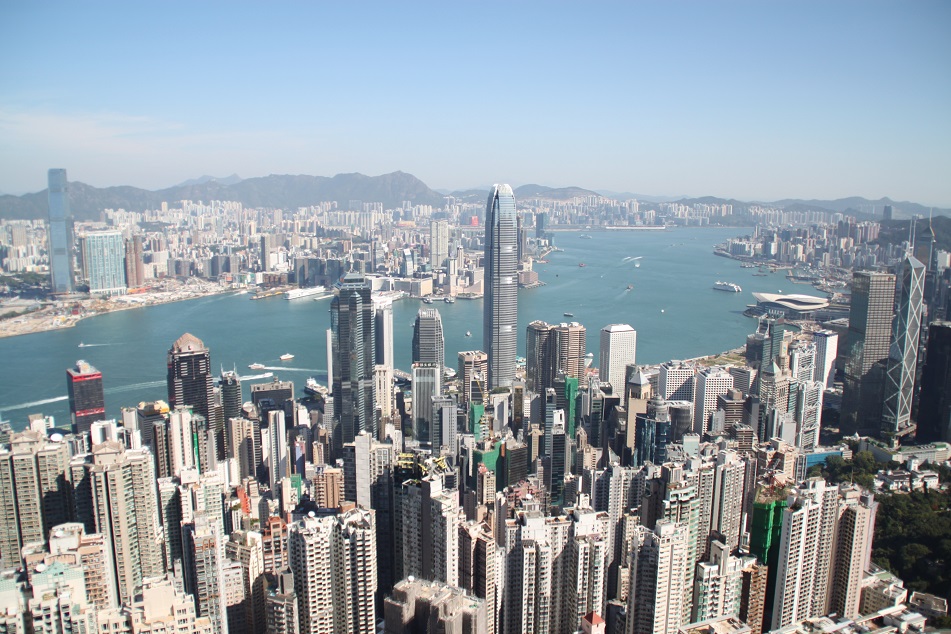



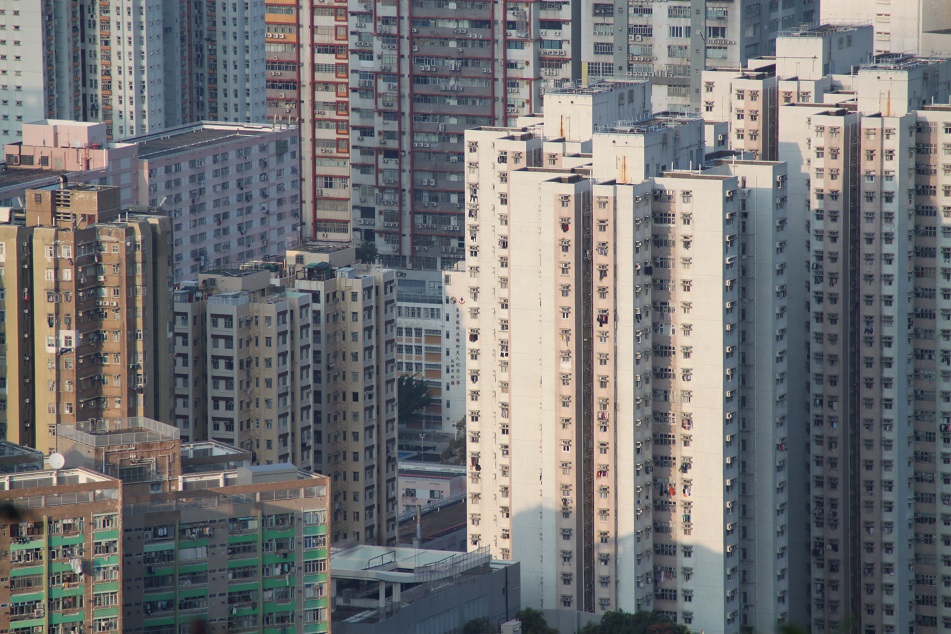
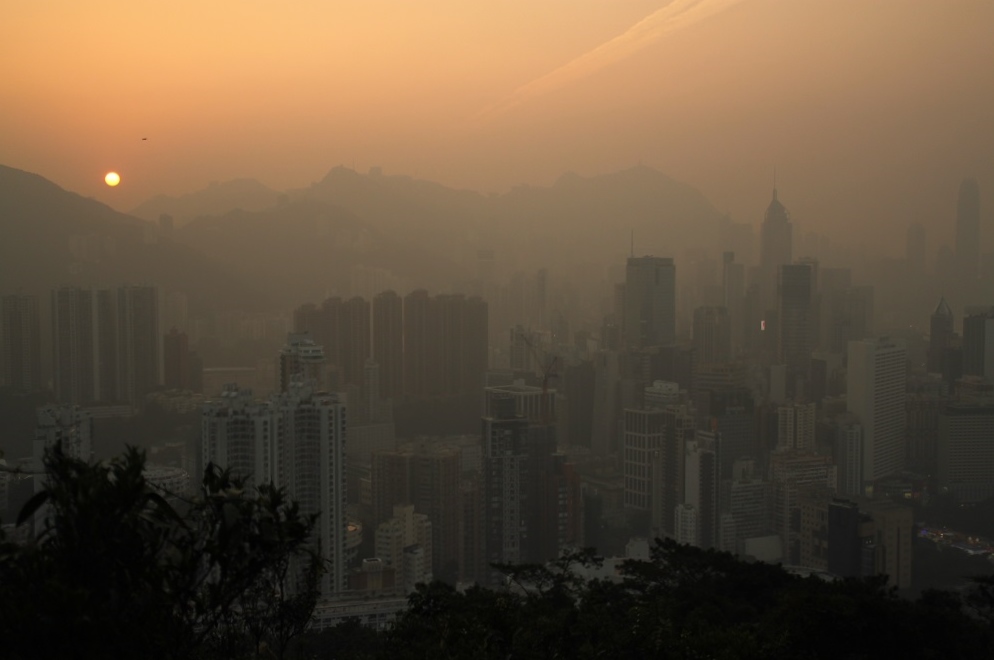
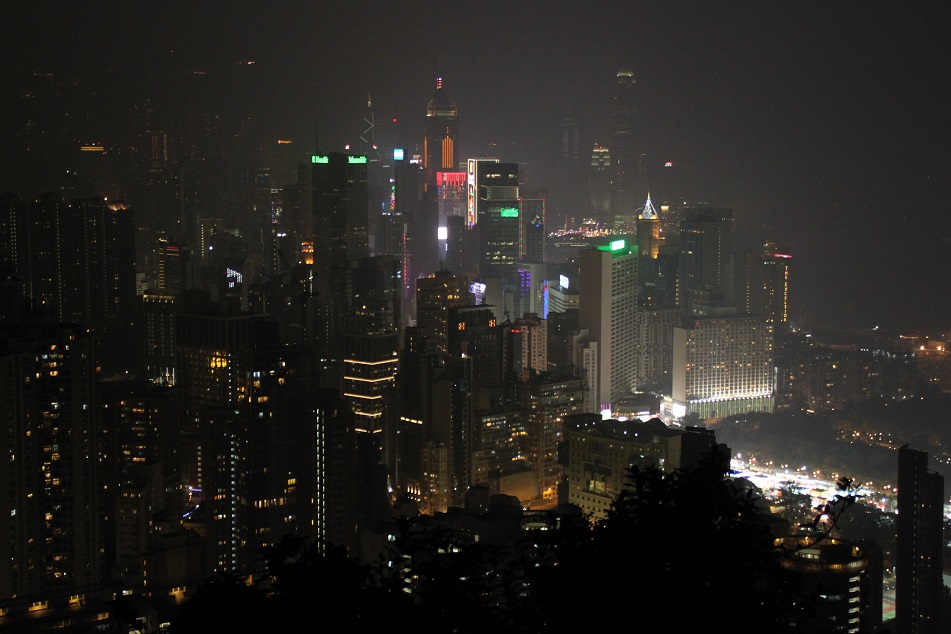
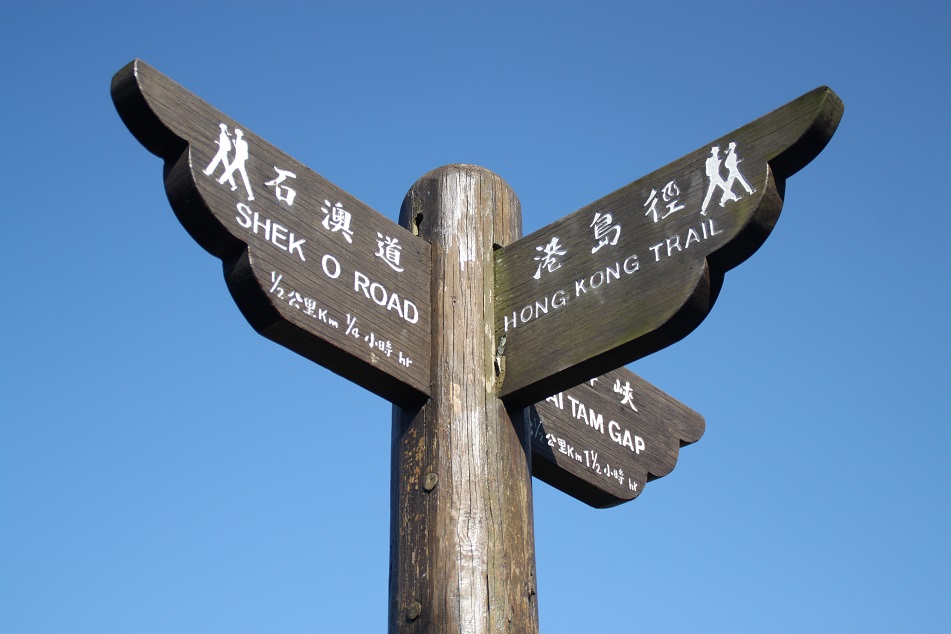

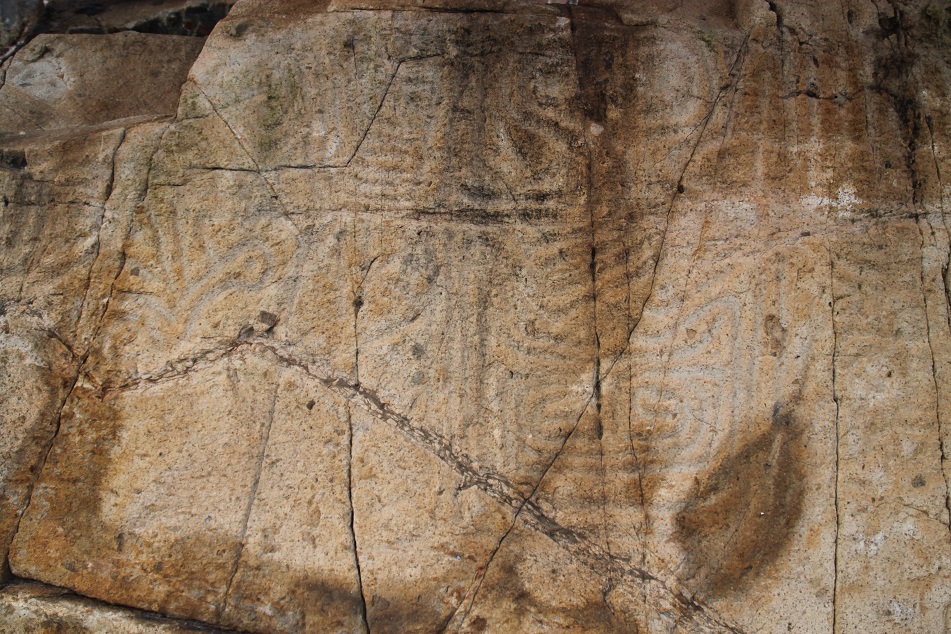
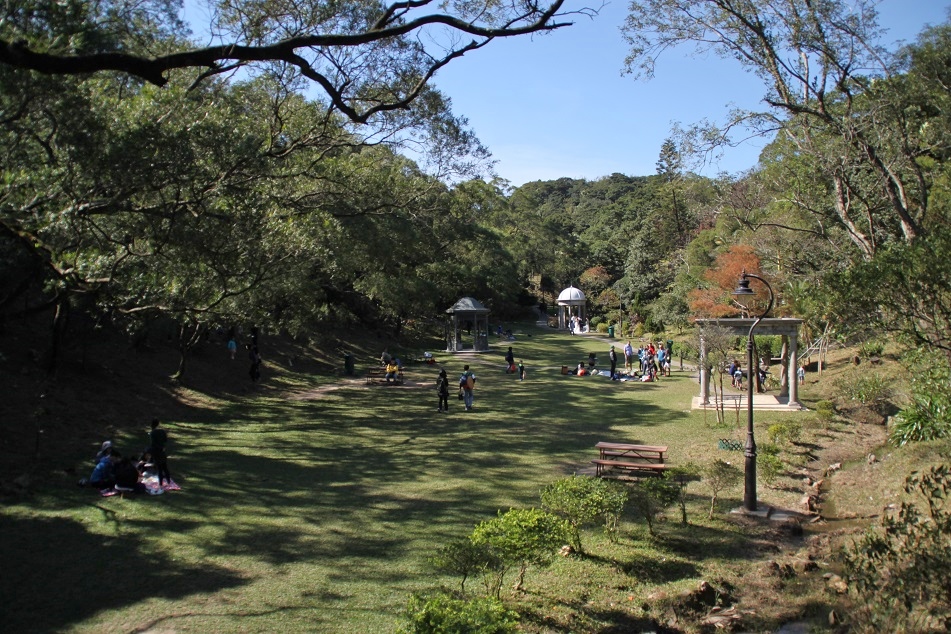
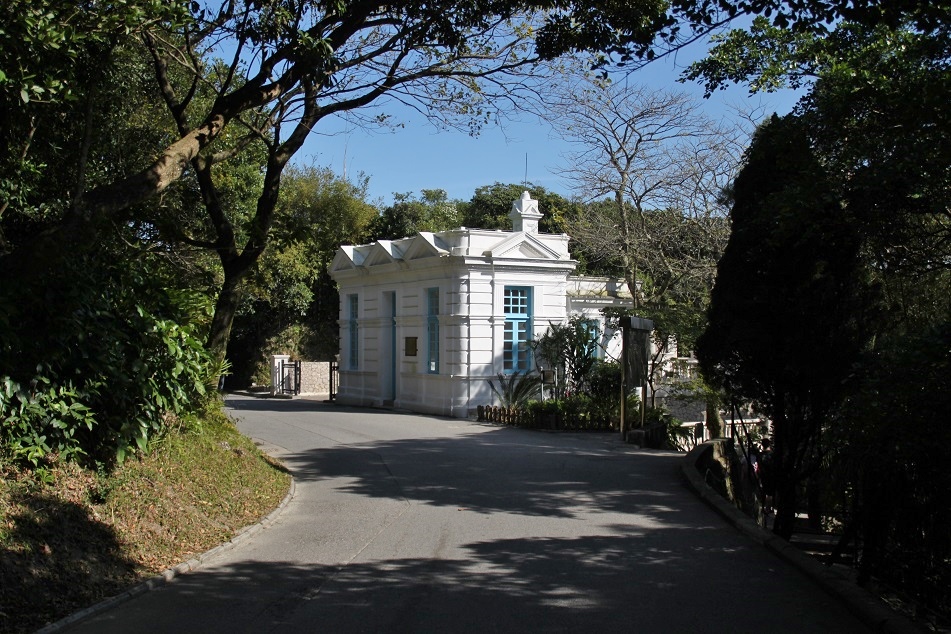
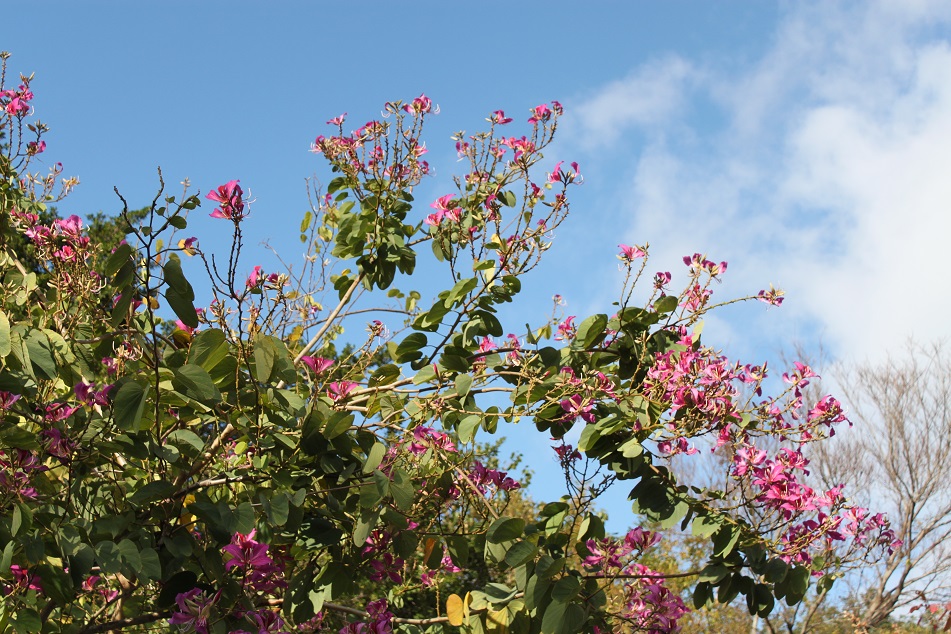

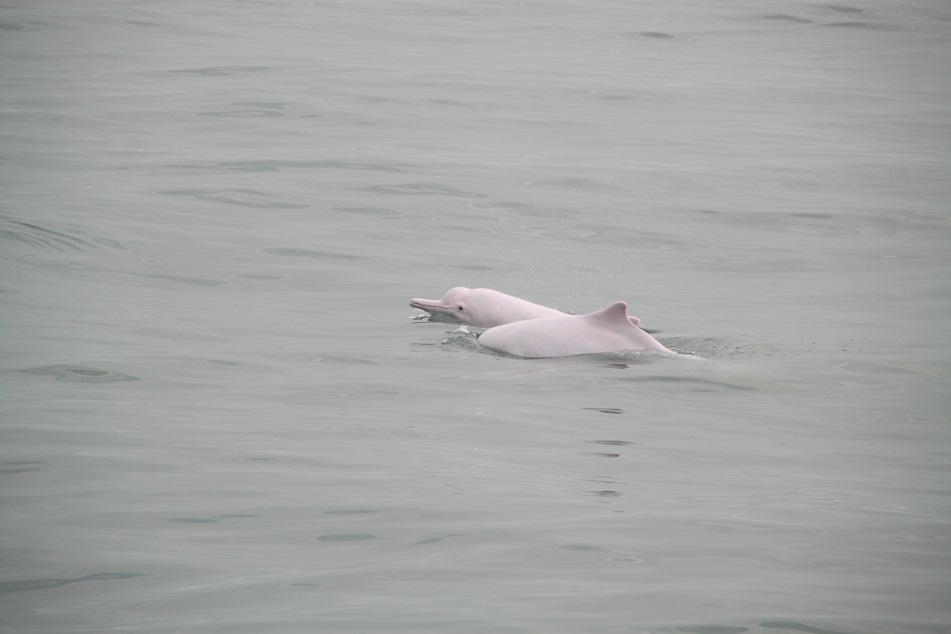
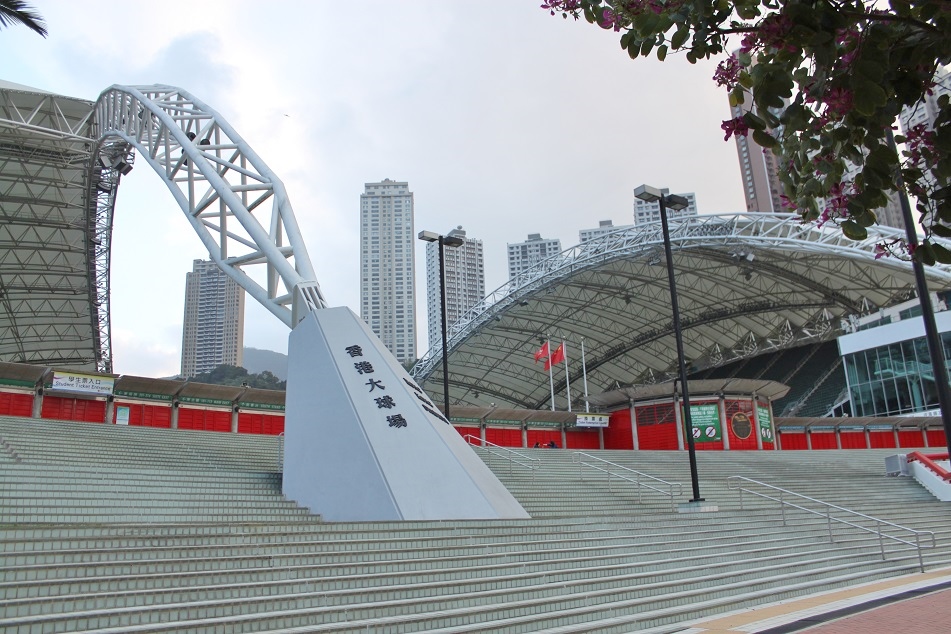

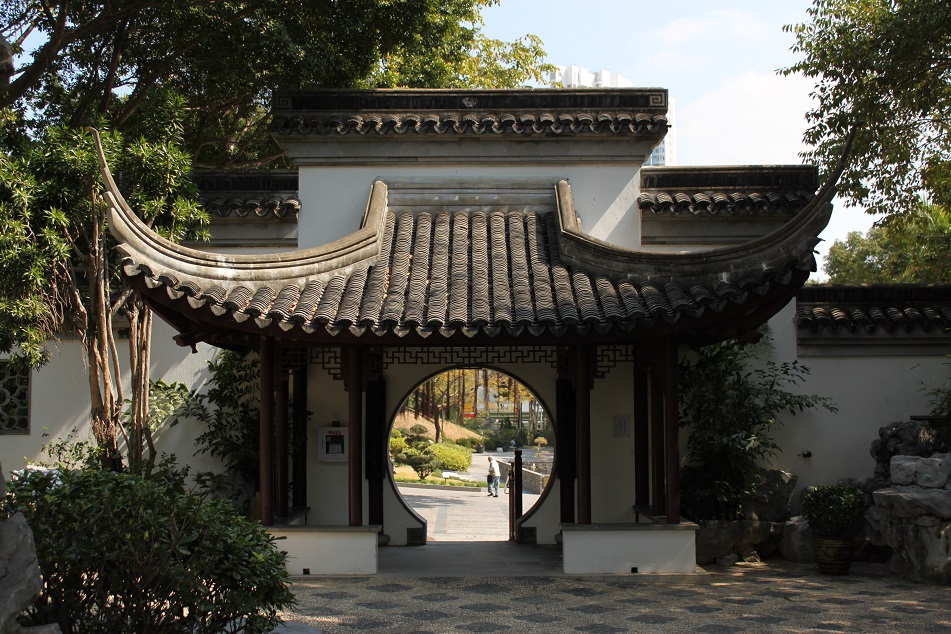
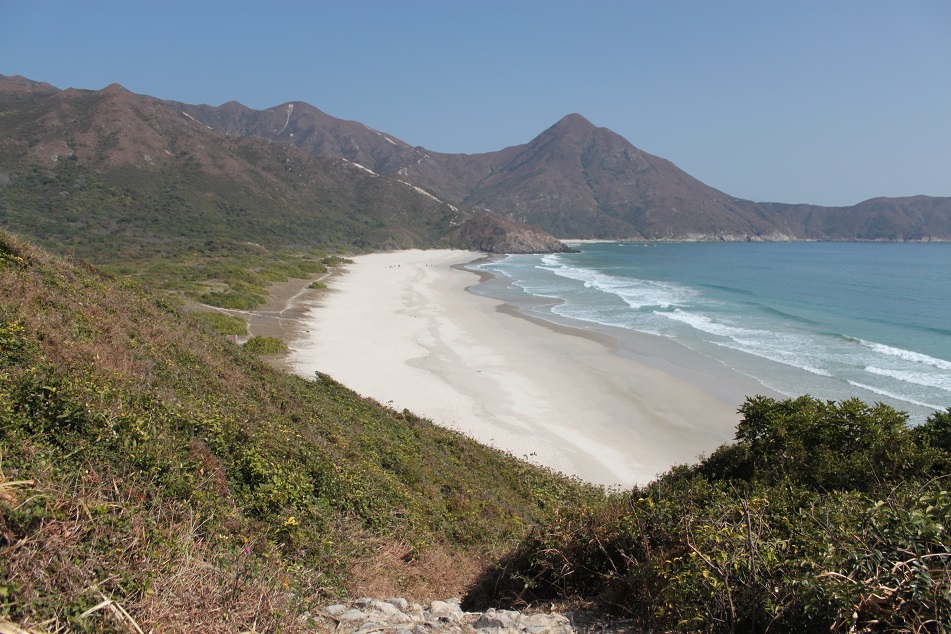
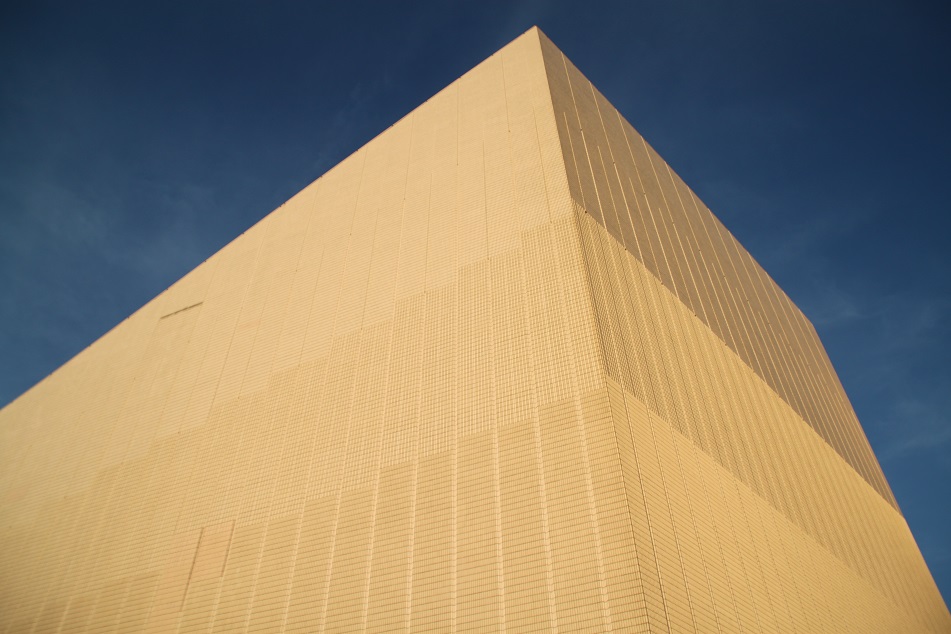
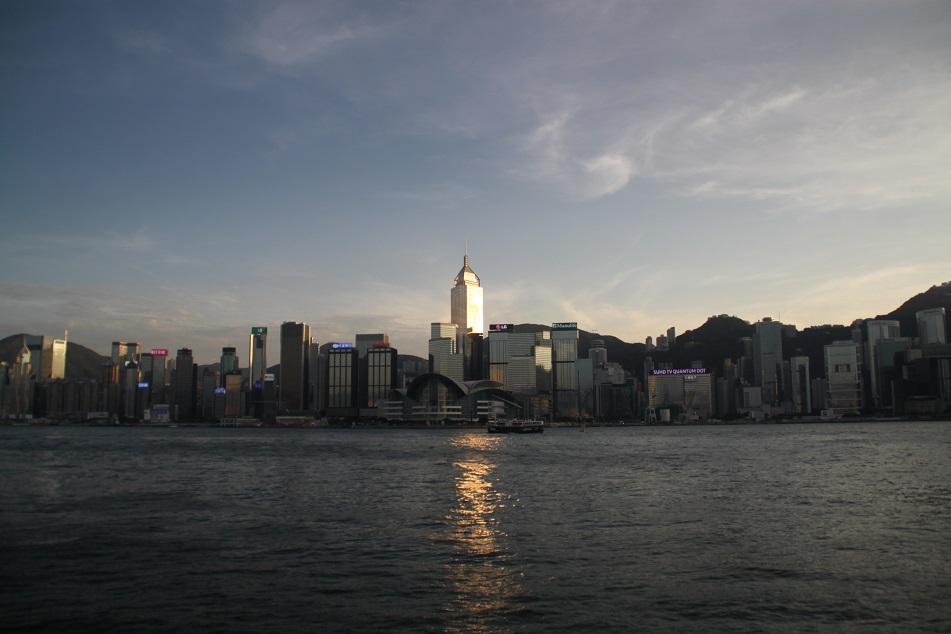
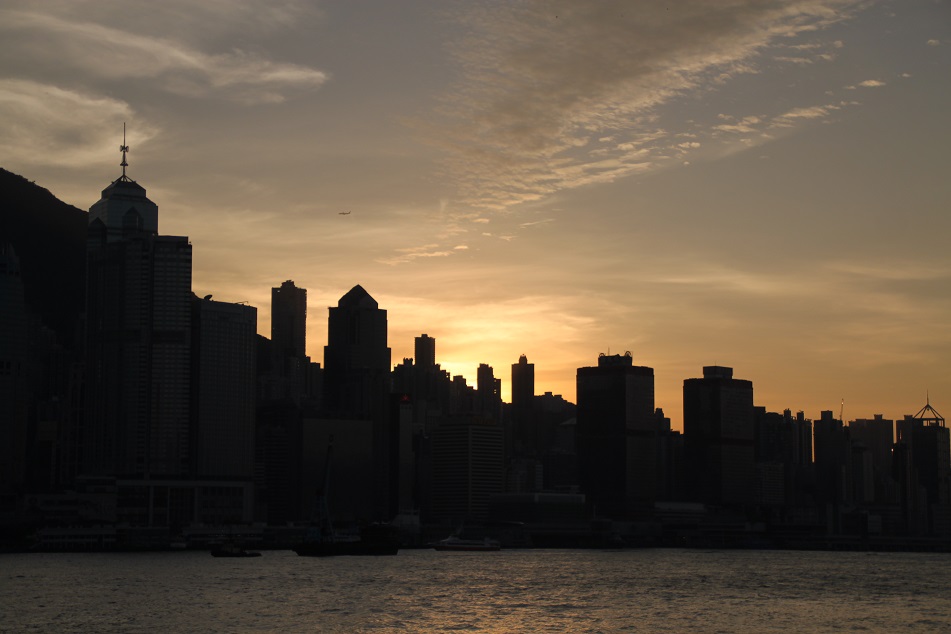
So beautifully written😀
LikeLike
Thank you, Rohini. I’m very lucky to have a native Hong Konger as my best friend who helped me appreciate this metropolis better.
LikeLiked by 1 person
And Hong Kong grows as one of the most expensive city in the world, doesn’t it? 😀
can’t wait to read your story of the Big Durian. Anyway, let me guess. The Little Red Dot is Singapore, am I right?
LikeLiked by 1 person
Hong Kong is so expensive it is rather normal for people in their 20s and even 30s to stay with their parents. Appreciate your time reading this post, Nug. And yes to your question. 🙂
LikeLike
100 points for Slytherin!!!
LikeLike
Penghuni asrama Slytherin ternyata. 😀
LikeLike
I thought i was a Gryffindor. But then i had a test from Pottermore and, voila, i’m a Slytherin! Lol.
okay, out of topic 😀
LikeLike
Enjoyed this stunning visual trip to Hong Kong very much, Bama.
Greetings from Oslo 🇳🇴, (very expensive too, sad to say)
Dina
LikeLike
Both Hong Kong and Oslo are known for being very expensive places — the fact that makes me appreciate all those cheap street side dishes available in the city where I live. Thanks for reading, Dina!
LikeLiked by 1 person
hong kong kemarin merayakan 20 tahun penyerahan kembali dari UK ke China dan diwarnai oleh pro dan kontra warganya sekaligus dipilihnya seorang chief baru, hong kong memang punya takdirnya sendiri, sistemnya sendiri…efek nonton berita terus ini hehehe
LikeLike
Baru saja saya nonton wawancara mantan gubernur Inggris terakhir di Hong Kong. Seseorang pernah bertanya ke dia, mengapa Hong Kong yang sudah merasakan demokrasi selama berada di bawah kekuasaan Inggris harus dikembalikan ke negara tidak demokratis seperti China tanpa mendapat persetujuan dari rakyat Hong Kong. Masalahnya perjanjian sewa Inggris dengan Kekaisaran China memang berakhir di tahun 1997, dan zaman telah berubah dari sejak perjanjian itu dibuat hingga saat dimana perjanjian tersebut berakhir. Kolonialisme di Hong Kong bagaikan pedang bermata dua.
LikeLiked by 1 person
Di satu sisi sistem sdh sedemikian baiknya tp berdiri di atas pondasi “hasil menjajah” skg pro demokrasi yg anak muda ingin sistem sprti di bawah UK
LikeLike
Generasi tua banyak yang lebih pragmatis dan realistis karena perekonomian Hong Kong sangat bergantung kepada China. Tapi generasi muda, layaknya kaum muda di belahan dunia manapun dengan semangat idealisme mereka, tidak ingin melihat Hong Kong menjadi seperti kota lain di China Daratan dimana pers dikontrol ketat oleh pemerintah, kebebasan berbicara sangat dibatasi, dan penyensoran merajalela.
LikeLiked by 1 person
kadang sebuah pencapaian harus mengorbankan beberapa hal termasuk hak menyuarakan pendapat, agak mirip dengan kondisi spore ya? di satu sisi sukses alias makmur rakyatnya tapi minusnya ya itu hak berpendapatnya
LikeLike
Dari sisi kebebasan pers Singapura memang jauh di bawah Hong Kong, dengan dalih untuk menjaga keharmonisan di negara itu. Tapi menurut saya untuk maju kita harus punya role model yang sebisa mungkin mendekati kondisi ideal sih. Saat ini sih memang belum ada negara yang 100% ideal. Tapi ada cukup contoh negara-negara yang membuktikan bahwa civil rights yang terjamin, transparansi pengelolaan negara, hukum yang ditegakkan dengan konsisten, dan kebebasan berpendapat berdampak positif terhadap perkembangan negara tersebut (dan cukup contoh negara-negara dengan kondisi yang sebaliknya).
LikeLiked by 1 person
sangat setuju hahaha
LikeLike
Lovely write up on Hong Kong. Having recently been there I could understand it better. Its true that hongkongers have great options of outdoor near by. Lantau is a great place to be.
While you wrote about big lychee what about others?
LikeLike
Thanks! Tai Long Wan in Sai Kung is among my favorite places in Hong Kong due to its relatively remote location, peaceful ambiance, and beautiful beaches. I haven’t done any hiking on Lantau though.
Coming up next week is a post on Singapore, then Jakarta the week after.
LikeLiked by 1 person
Great… looking forward to it
LikeLike
Bama, I’ve really enjoyed bringing you to different corners of Hong Kong that are not so well-touristed. But there are so many problems right now that I can’t see myself living there in the long-term. Unless political liberalization and regime change occurs in Mainland China, I’m very pessimistic about the territory’s future. Beijing’s grip has been tightening these past few years, and it is supported by a powerful group of business and political elites who will happily do its bidding. I’m interested to see how you compare Singapore with Hong Kong in your next post – it has several major advantages such as being a sovereign nation (and making all its own decisions), a clear vision for the future, and a system that encourages talented people to work in government.
LikeLike
Many thanks for taking me around some of the most interesting places in Hong Kong, James. It helped that when we went hiking to Sai Kung, Shek O, Tai O, Lamma Island, and Lai Chi Wo, among other places, the weather was nice. It’s really worrying to see where Hong Kong is heading. Indonesia endured 32 years of repressive authoritarian rule, and many people realize that both democracy and free speech are not meant to be taken for granted.
The post on Singapore is coming next week! Thanks for reading.
LikeLiked by 1 person
dan big durian adalah….terengreng..terengreng….drum roll
LikeLike
Ibukota Indonesia tercinta. 🙂
LikeLiked by 1 person
hooh agak gimana juga karena julukan ini lebih dikenal oleh orang luar daripada orang sendiri (mungkin ada yang tau tapi dikit) nunggu kapan dibahas di blog nih hehehe
LikeLike
Sabar ya.. Dua minggu lagi kok. 🙂
LikeLiked by 1 person
siap ditunggu ulasan lengkapnya : )
LikeLike
Wow! Posnya yg sangat menarik!
Reslly appreciate your insights and history lessons …and yr pics! Makasih! Dari trees
LikeLike
Makasih banyak, Trees. Glad to know that this post gives you insights on Hong Kong’s past, present and future. 20 years after the handover, uncertainties hang over the future of Hong Kong’s democracy.
LikeLike
A marvelous post on the city of Hong Kong,, which has been in the news a lot lately.The hope is expressed in the media that the city would manage to bring democracy to the mainland, but it looks like it could be reverse. Thank you for a great article strengthened with outstanding photographs!
LikeLike
Thank you, Peter. I read that 20 years ago there was a big hope that Hong Kong would set an example for China to embrace democracy. But as you’ve been reading from the media, it’s more the other way around now. When Hong Kong stops being Hong Kong, it will become just like other Chinese cities, losing its edge as a thriving financial hub with a healthy democracy.
LikeLiked by 1 person
Your post accelerated my desire to get to Hong Kong, and James’s comment pushed the pedal to the metal even more. I really enjoyed the post and look forward to the other Asian Tiger write-ups!
LikeLike
Hong Kong deserves more than just a day or two — only if you know where to go and what to explore. It boasts among the most picturesque hiking trails in Asia, something the city is not usually associated with. Thanks Lex!
LikeLiked by 1 person
Very intriguing form of writing! Kept me reading till the end. Great job!! 🙂
LikeLike
I really appreciate your kind comment, Zinni. Thanks for reading!
LikeLiked by 1 person
Very interesting read. Your post reminded me of a documentary I saw about the rapid decline of the pink dolphins. Now I really want to go to Hong Kong. Look forward to your next posts!
LikeLike
What many visitors don’t realize is that most dolphin-watching excursions are actually bad for the dwindling pink dolphin population. Smaller boats often dangerously chase the dolphins to satisfy their customers. I joined a responsible tour operator managed by conservationists. Their mission is not to make money, but to raise people’s awareness of this species’ plight. No guarantee that you’ll see a dolphin if you take a tour with them, though … which is how all wild animal watching should be. Really appreciate your time reading this post!
LikeLike
Hi Bama, this is exactly what the programme was about: to inform people about the danger these dolphins are facing. They recommended travellers to use Hong Kong Dolphinwatch, the only eco tourism operator committed to the pink dolphins for the reasons you have mentioned.
LikeLike
My best friend who used to live in Hong Kong and study journalism there made a video about the pink dolphins and that operator you mentioned: https://www.youtube.com/watch?v=Qen_G1KXHSY
On one of my visits to Hong Kong, he took me to see the dolphins with the same operator and I couldn’t be happier with our decision. They were very professional and responsible.
LikeLike
Great to hear, I will definitely watch that video. Best
LikeLike
Hello there! I just nominated you for the Versatile Blogger Award! My latest post has all the rules: https://laurenutkeblog.wordpress.com/2017/07/03/versatile-blogger-award/
LikeLike
Hi Lauren. Really appreciate your kind gesture. However, I’m not sure if I will be able to participate in this. But again, I do appreciate your time dropping by my blog!
LikeLike
I would love to discover this city, it has an interesting history and well.. people really rave about the food as well! It’s true it’s expensive but I wouldn’t mind if it’s only for a few days! thanks for all these insights!
LikeLike
Hong Kongers love to eat! That explains all the good food available in the city. If you love the combination of sweet and savory, Hong Kong is the right place for your culinary adventure. Hope you’ll get the chance to explore Hong Kong sooner than later! Thanks for reading.
LikeLiked by 1 person
Stunning photography!
Just WOW!
LikeLike
Thanks John! Always appreciate your kind words.
LikeLike
I absolutely loved Hong Kong the last time that I went. 18 years ago!
LikeLike
Wow, that’s just two years after the handover! I wonder if some colonial buildings which are gone now were still standing when you were there — I heard that compared to Singapore, Hong Kong was slow to take action in preserving their heritage buildings.
LikeLiked by 1 person
I sincerely hope so! It was lovely being there just 2 years after The HandOver! And when I went, it still had a distinct British feel.
I fewlt very much at home, such that I was very close to actually moving out there! 😀
LikeLike
Pingback: A Tale of Three Cities: Singapore | What an Amazing World!
Wow, I love the way you write. I also did not know many of the facts given in this post. I will most definitely return to this before I head to Hong Kong! Thank you for sharing. Beautiful post!
LikeLike
Thanks Sabrina! Without my native best friend, I wouldn’t have known about some of Hong Kong’s most exciting places either. From white sand beaches to quiet villages, traditional markets, and scenic hiking trails, there is definitely more to see in Hong Kong than just the usual places advertised in the territory’s tourism campaigns.
LikeLiked by 1 person
Pingback: Hong Kong at a Slower Pace | What an Amazing World!